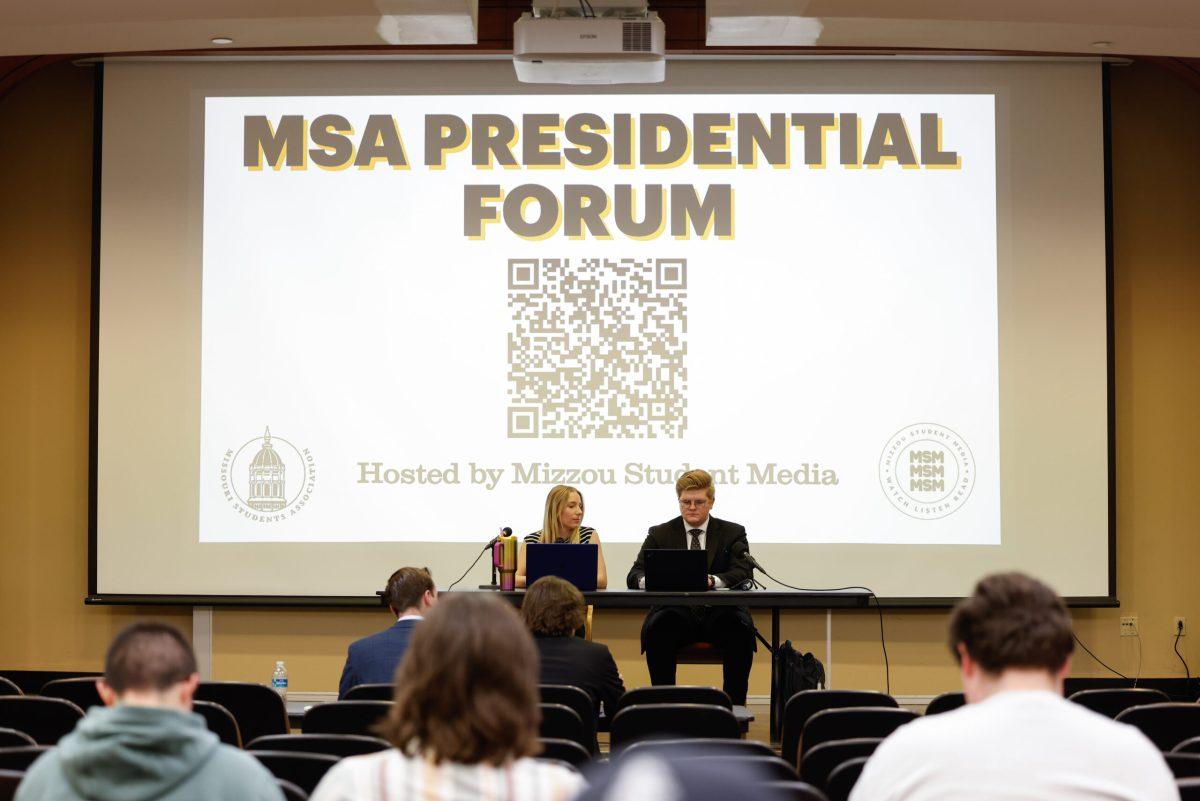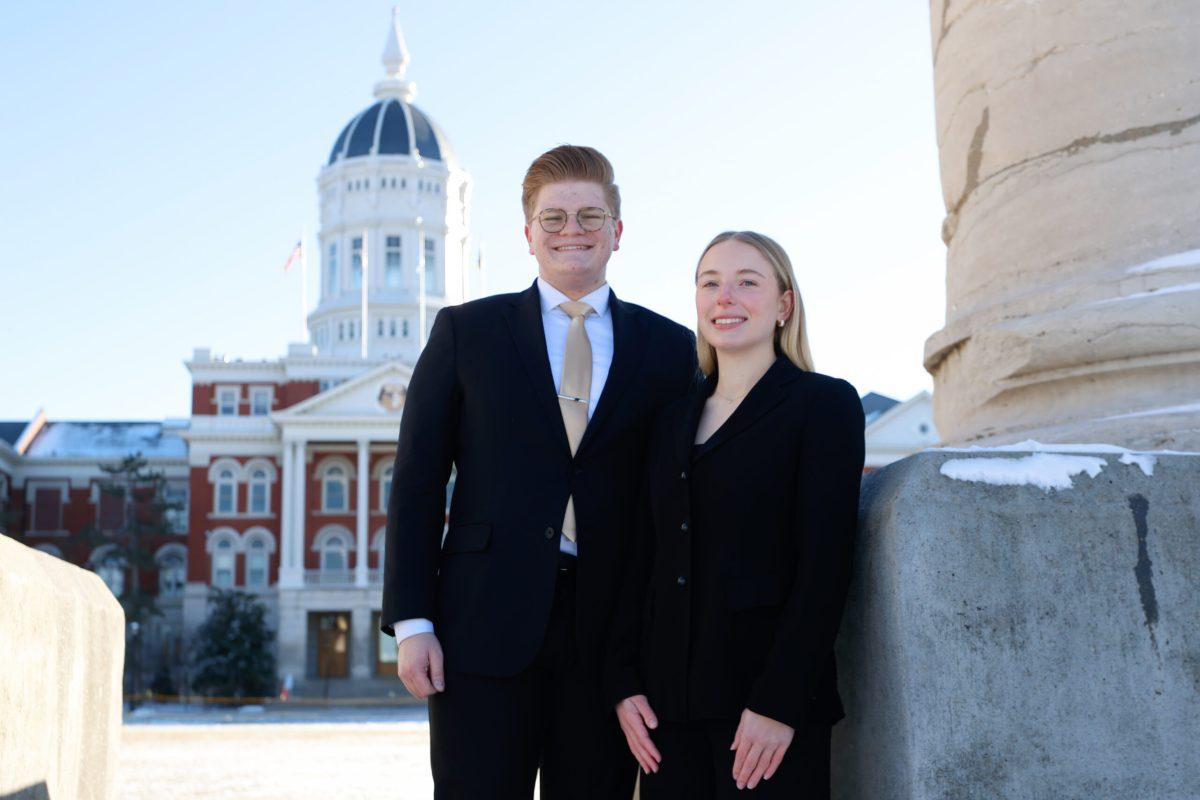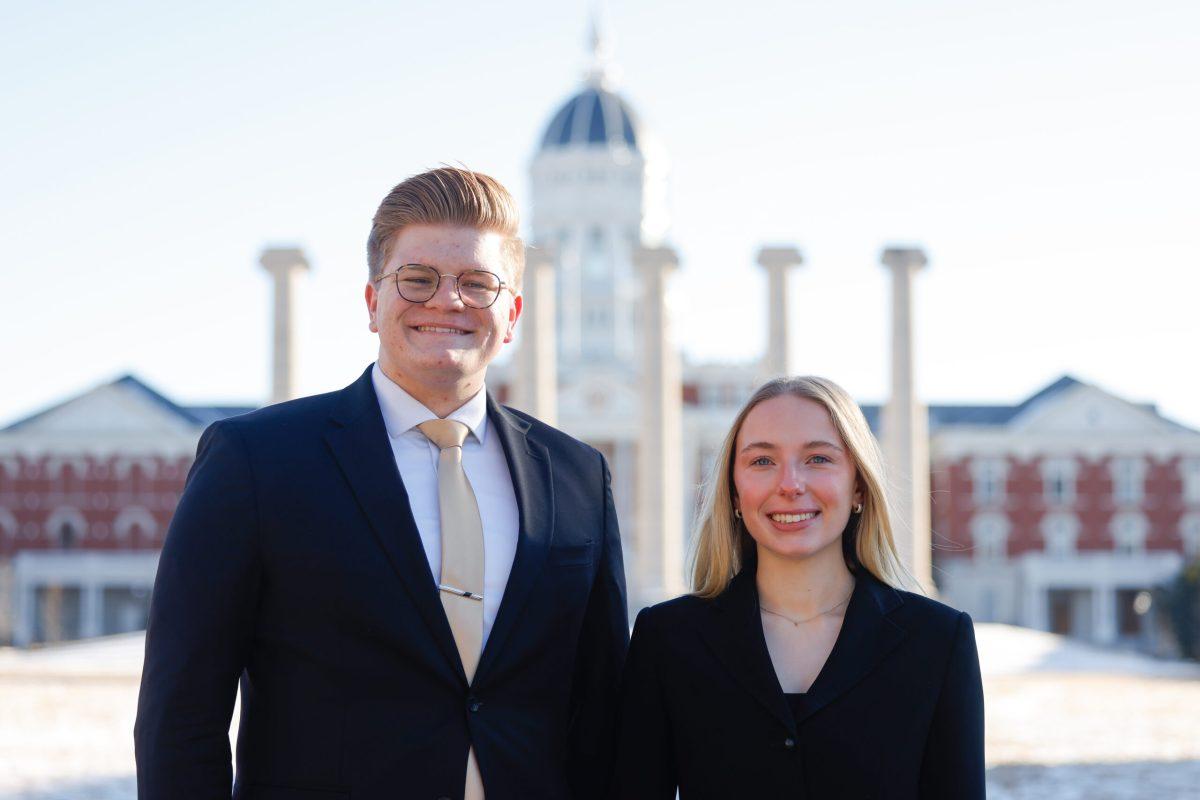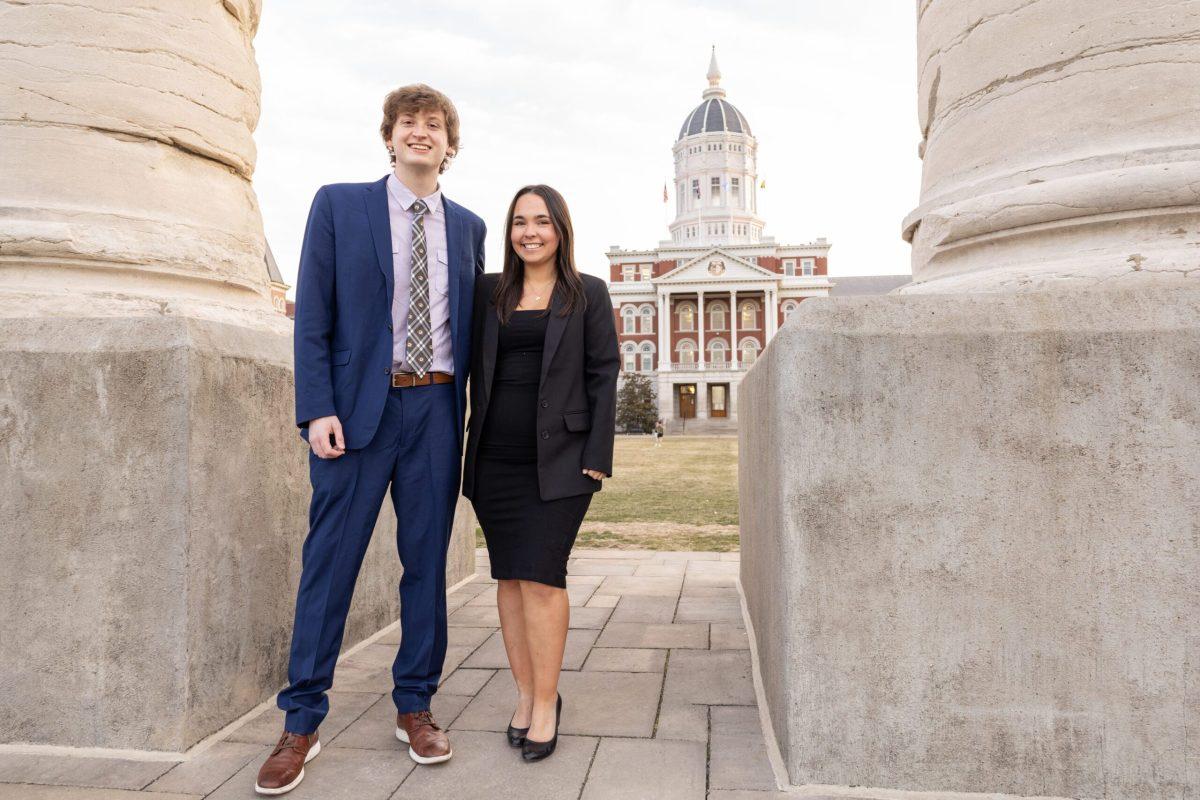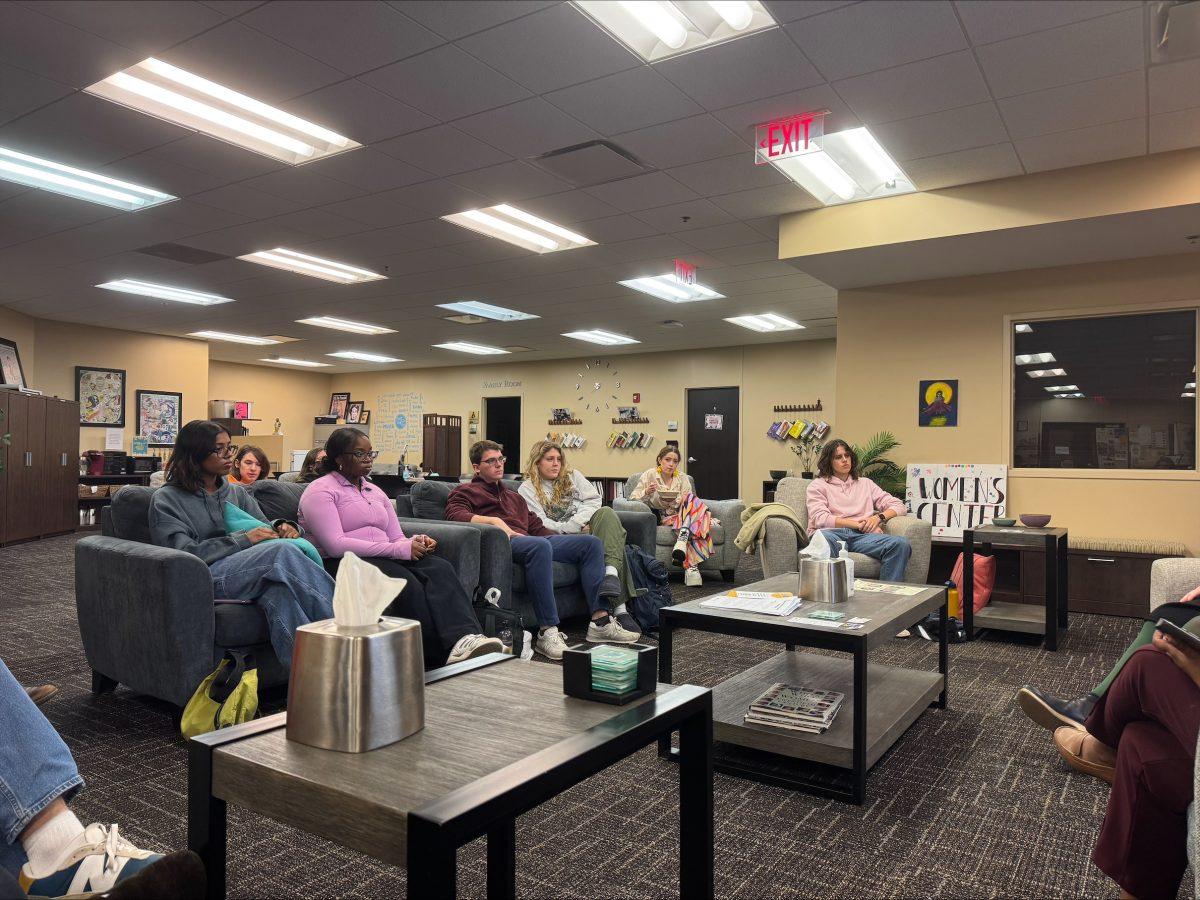Through an open letter released in the Columbia Daily Tribune and The Columbia Missourian Monday, 15 MU School of Journalism faculty members said they wanted to inspire MU students and faculty to follow their lead and hold the university accountable for its crackdown on dissent.
Professor Kathy Kiely, professor Damon Kiesow and associate professor Ryan Thomas composed the letter. They wrote they were disappointed in MU Chancellor and UM President Mun Choi’s recent actions, which included blocking students on Twitter and singling out employees in local media. Thomas said the letter was “an appeal to idealism” and “a call to [the university to] change course.”
The genesis of the idea came at the School of Journalism’s first faculty meeting on Sept. 11. Thomas said faculty members had heard from students who were afraid to speak out, and there was an agreement made that the issue needed to be a point of discussion. Kiely said faculty members brought an “outpouring” of grievances to the meeting, leading to the decision to take action.
“I’m the Lee Hills Chair of Free-Press Studies, so it seems to me that I need to walk the walk in my backyard as well as elsewhere,” Kiely said. “I think at that meeting, actually, someone turned to me and said, ‘Well, what’s the Lee Hills Chair say?’ And I said, ‘Well, I think we should write a letter and see if the newspaper will publish it.’”
Kiely said she and other faculty members drafted the letter over the weekend and then sent it to colleagues for feedback before they sent the letter to publish. She said they did their best to present their colleagues’ majority opinion.
The main objection in the letter was to the administration’s discouragement of dissent. During a July Zoom meeting, Bill Stackman, Vice Chancellor of Student Affairs showed a slideshow to faculty explicitly advising them to always “publicly support the decision of the university.” Stackman said the slideshow contained “[Choi’s] own words.”
Thomas said Choi and his administration’s actions since the summer are elements of a larger pattern of suppressing dissent on campus.
“The president said over the course of the summer that he wanted campus leaders to fall in line,” Thomas said. “That’s an illustration of things that have been said and done that have contributed to an atmosphere where dissent is not seen as welcome.”
This, the writers said, has created a “chilling effect” at MU. Thomas said many students and colleagues he has spoken to feel expressing criticism against the administration will cost them their scholarship or their job. Kiesow said whether Choi intended this feeling is irrelevant — what matters is that people do feel this way.
The letter states Choi’s actions contradict the Missouri Method, MU’s doctrine of “teaching by doing.” Kiely said by discouraging dissent and inspiring fear, Choi sets a bad example for students, especially student journalists, who she said need to learn to be fearless. Kiesow added that the administration’s actions against dissent do not reflect to students how leaders should behave.
“You don’t make good decisions if you’re listening to people already in the room,” Kiesow said. “You have to be listening to diverse voices who are going to ask for things you may not have thought of or you may not value in the same way. As a leader, especially, you need to be willing to accommodate those voices in a productive way.”
Kiesow said he hopes students and faculty who read the letter will feel they have the freedom to “ask questions and demand answers,” and if they do, the administration will adapt its stance to meet their needs.
Director of Media Relations Christian Basi declined to comment on behalf of the MU News Bureau.
Kiely said the MU administration, faculty and students need to unite to weather the struggles both the university and the world outside are facing.
“I would simply like to see all of us recommit ourselves to transparency and collaboration,” Kiely wrote in a text message. “Right now we are facing a confluence of crises — a global pandemic, the long-brewing results of climate change and an equally long-simmering exasperation over entrenched racism. It’s a challenge of Biblical proportions. And it will take all of us, working together, to overcome.”
_Edited by Joy Mazur | [email protected]_








